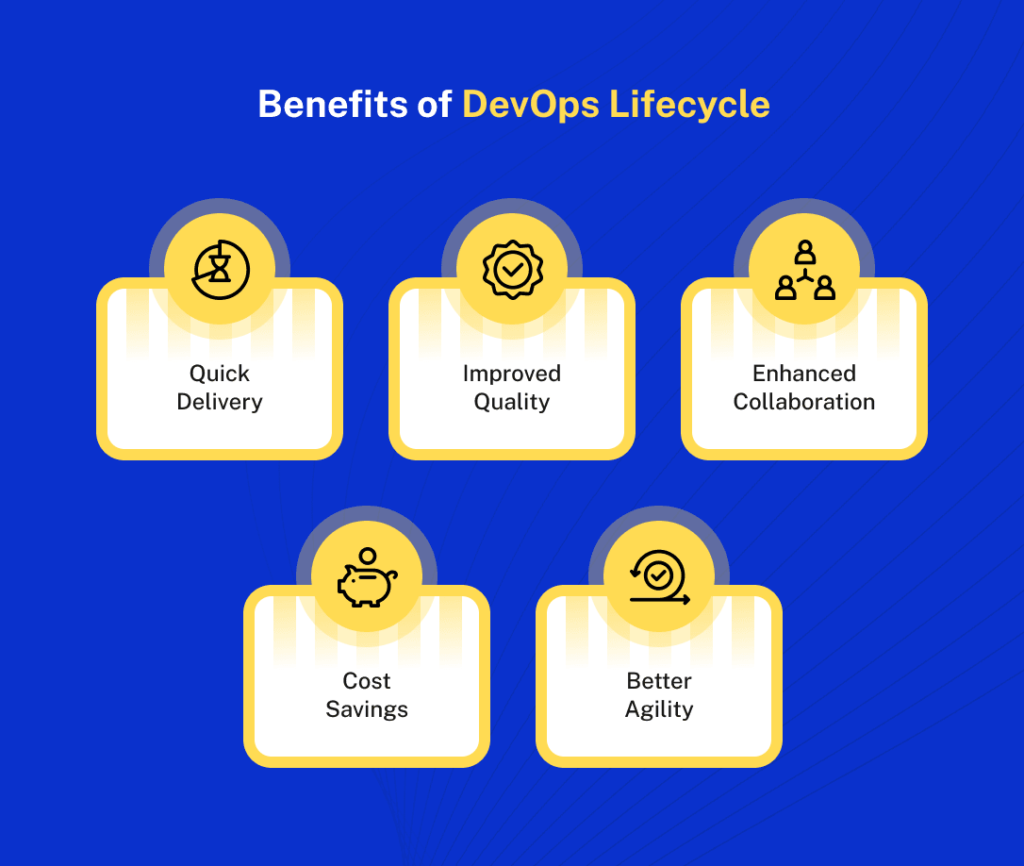Introduction:
In today’s rapidly digitalizing business environment, DevOps practices are at the intersection of technology, innovation and collaboration. So what is DevOps? Why is it both a buzzword and an essential part of how the tech industry works? This blog aims to provide a simple introduction to DevOps, highlighting the core principles of DevOps and the endless benefits of collaboration.
Understanding DevOps:
Integrating development and operations
The term DevOps stands for ‘development’ and ‘operations’; It is a revolutionary concept whose essence is to support collaboration, communication and integration between software developers and IT staff. Introduced in the early 2000s as an extension of Agile and Lean methodologies, DevOps aims to eliminate the barriers that traditionally separate these groups and promote a culture of collaboration and mutual understanding.
The Five Pillars of DevOps
The principles of DevOps (commonly known as the five pillars) outline the effectiveness of the framework.
Continuous Integration/Deployment (CI/CD):
CI/CD is a software development process in which developers periodically distribute code changes to a shared repository, where they are then developed and tested. This constant updating helps detect bugs early and streamline the release process.
Automatic testing:
To ensure the quality of the software, automatic tests are carried out to check for problems simultaneously during the development process. This minimizes the gap between problem detection and resolution.
Infrastructure as Code (IaC): IaC refers to the management and configuration of digital systems by reading text rather than using interactive tools. It provides consistency and repeatability to the IT infrastructure, making it error-free.
Continuous monitoring:
Continuous monitoring of applications and processes ensures that problems are detected and resolved immediately and better solutions are produced.
Collaboration and Communication:
A culture that encourages open communication, knowledge sharing, and teamwork (often referred to as the collaborative culture hand) is arguably the most important aspect of DevOps.
Benefits of Collaborative Working
Working in DevOps provides many advantages, mainly due to its collaborative approach:
Improve quality and reliability:
DevOps teams build software that is stronger, more reliable, and provides better, improved user experiences through continuous testing, monitoring, and integration.
Higher efficiency:
Automation saves time and energy and increases productivity. Teams can focus on more productive work rather than being distracted by system maintenance or errors.
Accelerate and deliver:
Organizations using DevOps can deliver products faster, meet customer needs faster, and gain a competitive advantage.
Better collaboration and reducing silos:

